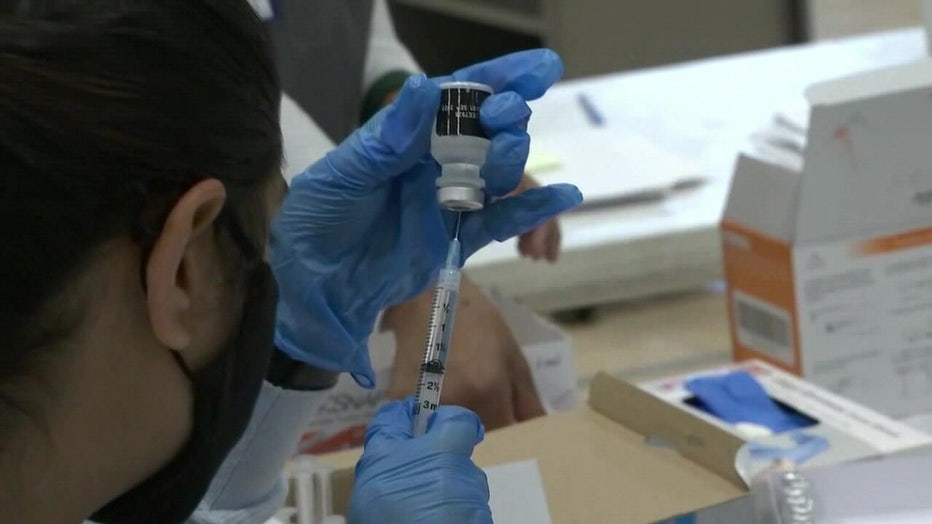Doctors tracking rise in cases from new omicron subvariants
TAMPA, Fla. - Several new omicron subvariants that have emerged are closely being monitored by the United States Centers for Disease Control and Prevention (CDC) and local doctors.
According to this week’s NOWCAST from the CDC, the BQ 1.1 and BQ1 subvariant currently account for more than 60% of cases in the United States, which is higher than the previous dominant BA.5 strain.
"These new subvariants are better at evading the current immune response that we have," USF Health Professor Dr. Michael Teng said. "Now what the virus is trying to do is to figure out how to get around our immune systems, especially when many of us, most of us, have some sort of immunity to the virus."
Doctors say this is having as hospitals deal with other illnesses like RSV and the flu.

File photo of a woman who is sick in bed.
"We have this outbreak of RSV and now that's coming down really quickly, but influenza is taking its place. And so, once influenza comes down again, it's really possible that we'll see another COVID wave," Teng said.
READ: CDC: COVID-19 hospitalizations in babies on the rise
There are things we can do to slow the spread. It’s why doctors continue to stress the importance of the updated bivalent booster.
Long COVID clinic opens in Lakeland
Debilitating headaches, difficulty concentrating, and sleep problems are just some things people with long COVID deal with daily, but a clinic in Lakeland hopes to help.
"It’s really important if you've had the primary series to get the booster. I think in Florida we're really pretty low. Even in the elderly 65 and up," Teng said.
READ: NIH: COVID-19 booster-induced antibody response to omicron significantly decreases over time
Doctors say that’s because it’s one of the groups that can get really sick from COVID-19. If you are up to date on your boosters, health officials say many of the mitigation steps we previously took still work.

A healthcare worker prepares a COVID-19 vaccine.
"Things like masking, distancing, hand-washing, you know, all of these measures that were really good with that first year are really important now," Teng said.
The CDC recommends that people ages 5 years and older receive one updated (bivalent) booster if it has been at least 2 months since their last COVID-19 vaccine dose.

